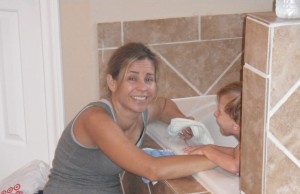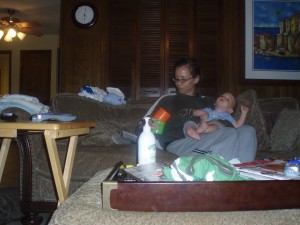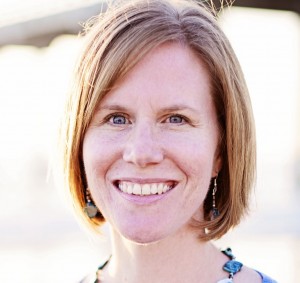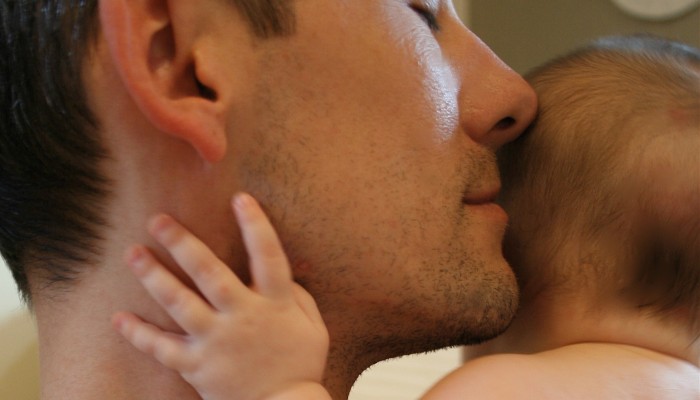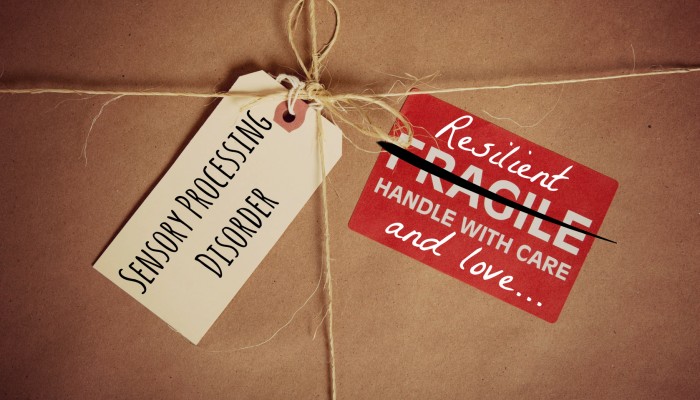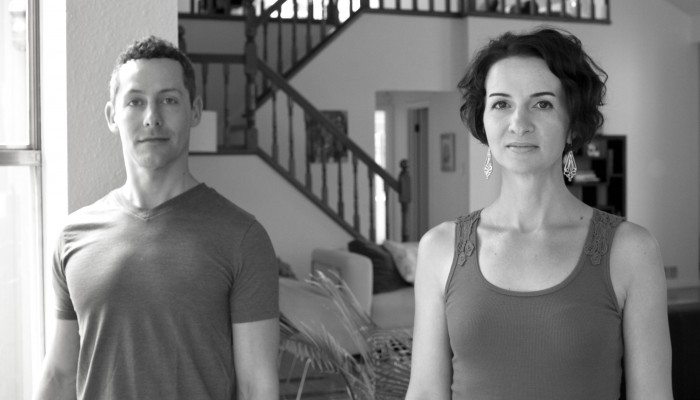My memory holds a snapshot, rock-bottom moment from my daughter’s bout with colic. I was emotionally, mentally and physically exhausted. I’d isolated myself, even pushing her father, J away. I felt I was the only one who could comfort her, even though I often couldn’t, because, well, she had colic. I stood there holding her, swaying as she howled, no breast-milk left, no known options left. Finally, I too began sobbing, thinking, “I’ve got nothing.” And it was true. I had reached an end. Facing this reality was in direct opposition to what I thought was THE reality, that as a mother I would possess an endless, cosmic supply of love and nurturing, and everything would be always be okay.
Most women are socialized to nurture, learning at a very early age to smile, be sweet, be “good girls,” and put the needs of others first even when said others are being a-holes. This naturally carries over into mothering, as we pressure ourselves to be boundless sources of comfort, milk and serenity. Many fathers and parenting partners also feel intense pressure to protect their growing families, and put aside personal needs to keep pace with the rapidly changing needs of both mother and baby. This pressure can overwhelm partners to the point of withdrawal and emotional shut-down.
Imagine a grocery store line. A well-groomed parent pushes a cart containing a sweet newborn asleep in her car seat, surrounded by organic food. If this parent says out loud, “My children come first,” most people will nod their heads in approval. Now imagine the same parent with spit-up all over her, holding a screaming newborn in one arm while pushing a cart containing an empty car seat and a maxi-pad-throwing toddler. This parent will likely feel too overwhelmed to say anything out loud, and will receive silent judgment from at least a few around her. That’s the rub. We feel pressure to have it all together, but to have even an illusion of control, we have to take care of ourselves.
Self-care. To many, this concept feels foreign and selfish, but let me be a voice, among the others I hope are around you, to argue vehemently for it. Give yourself permission to put your physical and emotional needs at least on the same page as your baby’s needs. You can and will run out of resources if you don’t also parent and take care of yourself. In the early days with a newborn, sometimes self-care is brushing your teeth, once, while the baby cries and cries. Sometimes it’s stepping outside your front door for one minute and taking in a big gulp of fresh air, once, while the baby cries and cries. Take any resulting feelings of guilt or selfishness as positive signs of the soreness accompanying your internal growth. Trust that the end result will be a more grounded version of you, capable of nurturing your baby and partner from a surplus of actual strength, instead of a pseudo-supply based on the obscene pressure we place on ourselves and receive from society.
My self-care story might repulse you, make you smile knowingly, or both. The night after I’d reached my limit, we decided to reclaim a moment of “normalcy.” Our daughter, inexplicably, occasionally relaxed when lying on her changing table in our bathroom. I sat on the lid of the toilet, with J facing me on a chair, knees squished together, plates of food on our laps. Baby girl was next to us, in her zen space, calmly staring at the ceiling and listening to us laugh at how disgustingly beautiful the moment was. Our first family dinner, and the beginning of my fight to factor myself in again.
BPP Sanity Savers:
- Remember that self-care is the pre-requisite to your sustained ability to care for anyone else.
- Notice and push through any guilty feelings that keep you from factoring in your personal needs. Talk to a therapist or other supportive parents if you feel stuck.
- Talk with your parenting partner about ways you can generously support each other with your self-care efforts.
Here’s to Sanity and Self-Care,
Cheryl
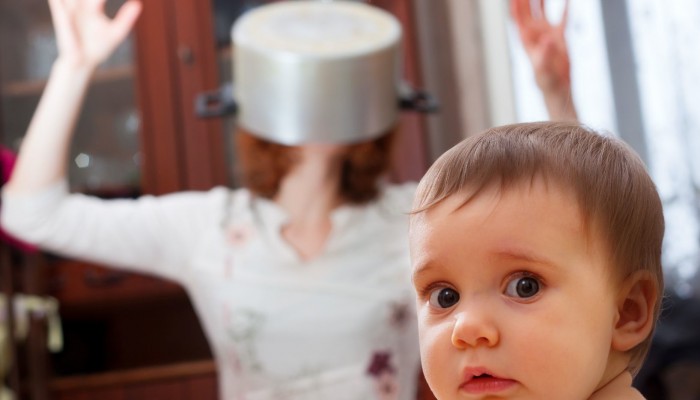
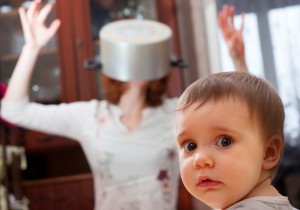




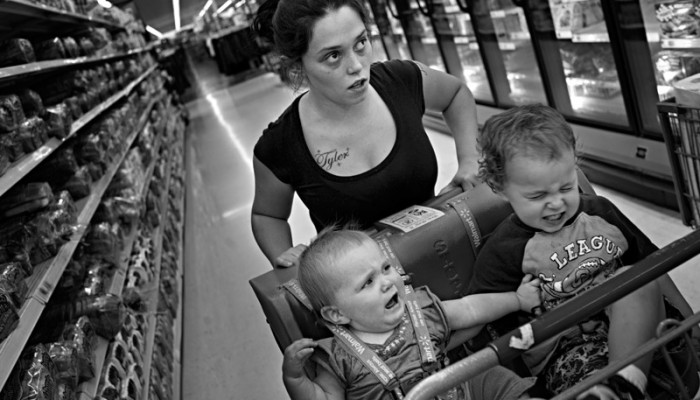








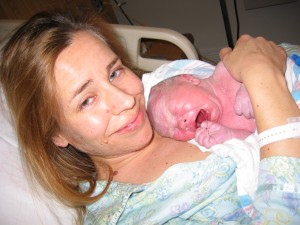
 Yes, my nostrils, eyes and hair are fun to stick fingers in. All of the time. Said no mom ever.
Yes, my nostrils, eyes and hair are fun to stick fingers in. All of the time. Said no mom ever.


